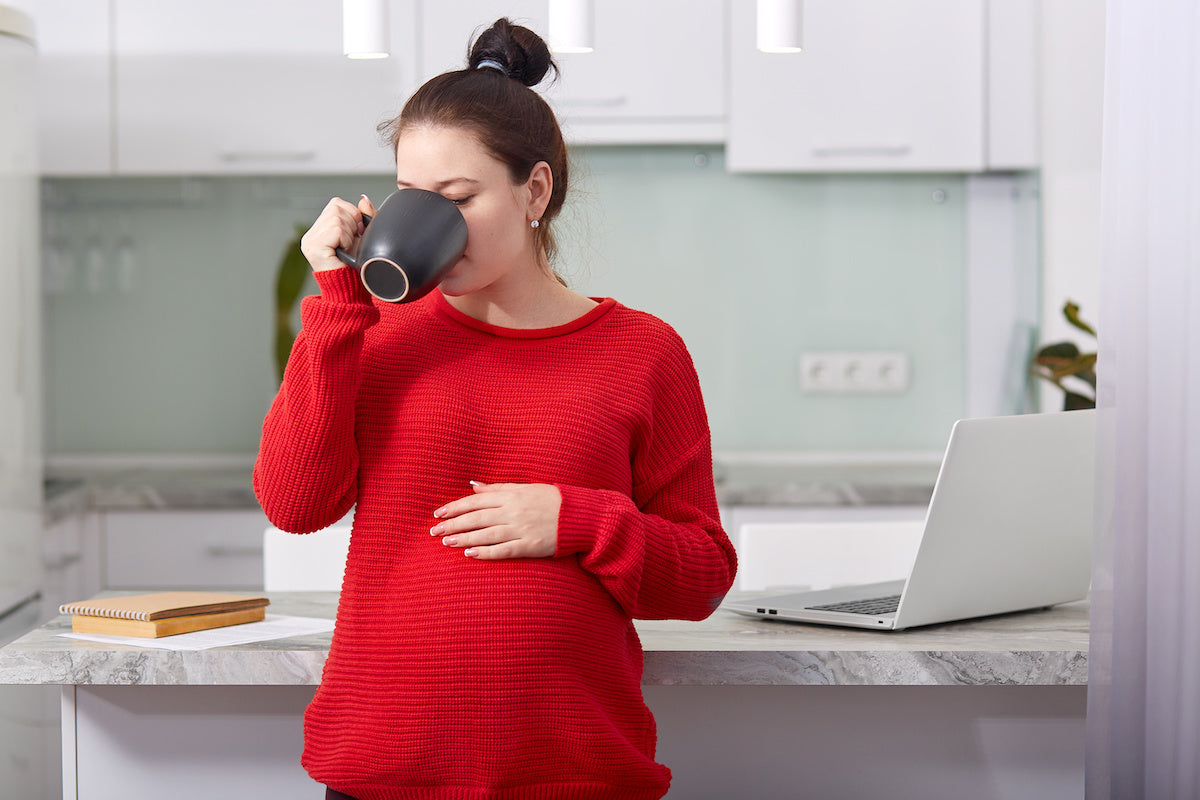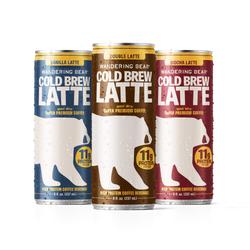Caffeine and Pregnancy 101

When you’re about to become a mama bear, it only makes sense that your first concern is for your cub—er, your baby. That means scrutinizing anything you put into your body, including your favorite morning cup of coffee.
But do you really have to ditch the caffeine to have a safe pregnancy? Here’s what you’ll need to know...
WHAT THE SCIENCE SAYS ABOUT CAFFEINE LIMITS FOR PREGNANCY
Caffeine moves into the bloodstream, crossing the barriers that could affect your child. After that, less is certain. Science has a hard time detecting a correlation between caffeine use and pregnancy risk.
Finding a causal link between the two? Even more difficult. Let’s break it down:
- Studies are inconclusive. While some studies in the past have shown associations between pregnancy risks and caffeine use, they “have been limited by small sample size and the retrospective collection of data influenced by recall bias,” according to the American College of Obstetricians and Gynecologists (ACOG).
- Moderate caffeine seems to have little effect. That same paper from the ACOG says, “Moderate caffeine consumption (less than 200 mg per day) does not appear to be a major contributing factor in miscarriage or preterm birth.” For reference, one cup of brewed coffee often has about 130g of caffeine.
- Don’t toss away the warnings. If you want to be on the safe side, you might avoid caffeine. Keep in mind that science is always evolving. A more recent article in the British Medical Journal (BMJ) finds “current evidence does not support health advice that assumes 'moderate' caffeine consumption during pregnancy is safe.”
We know. The mixed results are frustrating. The question is simple—can you drink coffee while pregnant? Some studies suggest a moderate amount. Some suggest avoiding it altogether.
But when it comes down to it, it’s about how much risk you’re willing to tolerate.
So, how much caffeine can pregnant women have? Even the studies that find a moderate approach is best suggest no more than 200mg per day. That means switching to decaf (which has some caffeine, but far less), and sticking to no more than a cup per day. After all, it’s all about protecting the cub.
Ana Madriz






